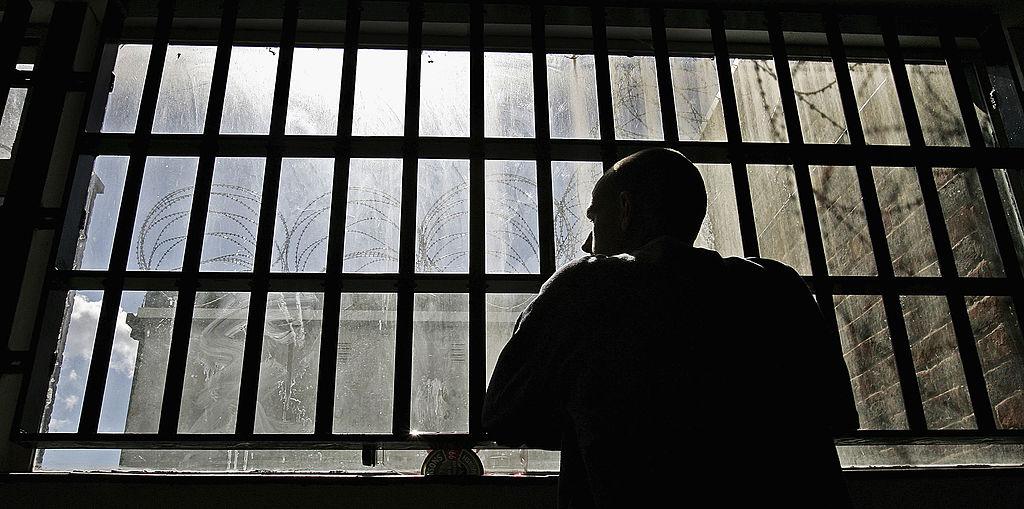An Ontario woman who was kidnapped and sexually assaulted when she was 11 is rallying public pressure to keep the perpetrator in jail.
Kerri Kehoe was kidnapped, sexually assaulted, and almost murdered by Richard Charles Joyce in 1990. The previous year, Mr. Joyce sexually assaulted a 9-year-old girl with Down syndrome. He kidnapped another 9-year-old girl six months later, beat her, sexually assaulted her, and threatened to kill her and her mother.





